Islamabad, December 26, 2024.
In a shocking escalation of regional tensions, the Tehrik-i-Taliban Pakistan (TTP), commonly known as the Pakistani Taliban, has declared war on Islamabad, citing retaliation for recent airstrikes by the Pakistani military in Afghanistan’s border regions. Reports suggest the TTP has mobilized an estimated 15,000 fighters towards Pakistan’s capital, sparking a national security emergency.
This development comes in the wake of heightened military operations by Pakistan against militant strongholds along the Afghanistan-Pakistan border. The TTP, an organization distinct from the Afghan Taliban but ideologically aligned, has ramped up its activities since the latter’s takeover of Afghanistan in August 2021. The current crisis threatens to plunge Pakistan into a deeper security conundrum.
The Trigger: Deadly Airstrikes in Paktika
The immediate catalyst for the TTP’s declaration of war appears to be recent airstrikes conducted by the Pakistani military in Afghanistan’s Paktika province. These operations targeted alleged TTP hideouts, reportedly killing several senior commanders and dozens of fighters. While Islamabad justified the strikes as essential for national security, they have drawn sharp criticism from Kabul and inflamed tensions with the TTP.
“This is a direct attack on our sovereignty and our people,” said a spokesperson for the TTP in a statement. “Pakistan will pay for its aggression. We are mobilizing our forces to ensure that Islamabad feels the consequences of its actions.”
The Afghan Taliban government, which has maintained a fragile relationship with Pakistan despite shared ideological roots, has also condemned the strikes. Kabul accused Islamabad of violating Afghanistan’s territorial integrity, further complicating the regional security landscape.
15,000 Fighters on the Move
The TTP’s mobilization of 15,000 fighters towards Islamabad represents a significant escalation. Eyewitness reports from tribal areas suggest heavily armed convoys moving across border regions, with many fighters pledging to avenge the deaths caused by the airstrikes.
Security experts have warned that the TTP’s move poses a direct threat to Pakistan’s capital. “The TTP’s strategy is not just about physical confrontation,” said Dr. Farooq Ahmed, a defense analyst. “Their aim is to destabilize the government, erode public confidence, and create a climate of fear.”
The Pakistani military has responded by deploying additional troops to key points around Islamabad and implementing strict security measures, including roadblocks and increased surveillance. Residents of the capital have reported heightened military presence, with helicopters patrolling the skies and checkpoints established at strategic locations.
Escalation Amidst Political Turmoil
The TTP’s declaration of war comes at a precarious time for Pakistan. The country is grappling with economic challenges, political instability, and rising public discontent. These factors have left the government with limited bandwidth to address such a significant security threat effectively.
Prime Minister Anwaar-ul-Haq Kakar convened an emergency meeting with military and intelligence officials to assess the situation. In a televised address, he called for national unity and assured citizens that the government is taking all necessary steps to protect the country.
“We will not allow any militant group to dictate terms to our nation,” said Kakar. “Pakistan’s sovereignty and security are non-negotiable.”
International Concerns and Calls for Mediation
The escalating conflict has drawn international attention, with global powers expressing concern about the potential for wider regional instability. The United Nations and neighboring countries have urged both Pakistan and Afghanistan to exercise restraint and engage in dialogue to de-escalate tensions.
India, Pakistan’s longtime rival, has remained largely silent on the issue, though analysts suggest New Delhi is closely monitoring the situation. Any further destabilization in Pakistan could have spillover effects across South Asia.
The United States, which has a vested interest in counter-terrorism efforts in the region, has also weighed in. A State Department spokesperson reiterated Washington’s commitment to supporting Pakistan in combating terrorism while emphasizing the importance of respecting Afghan sovereignty.
TTP’s Endgame
The TTP’s resurgence has been a growing concern for Pakistan since the Afghan Taliban’s return to power in 2021. Despite shared ideological roots, the TTP operates independently and has often acted against Pakistani interests. Efforts to broker peace through negotiations have repeatedly failed, with the group using ceasefires to regroup and strengthen its capabilities.
Analysts believe the TTP’s current offensive aims to extract concessions from the Pakistani government while demonstrating its operational strength. However, the group’s ultimate goal remains the establishment of Sharia law in Pakistan, a demand Islamabad has categorically rejected.
The Road Ahead
As the TTP’s fighters edge closer to Islamabad, the stakes for Pakistan could not be higher. The government faces the dual challenge of protecting its citizens and maintaining national sovereignty while avoiding actions that could exacerbate the crisis.
For now, Pakistan’s military appears poised for confrontation, but the long-term solution may lie in addressing the underlying factors that enable militant groups like the TTP to thrive. Without comprehensive reforms, including better governance in tribal areas and stronger border security, the threat of militancy will likely persist.
As the world watches the situation unfold, the question remains: Can Pakistan contain this looming crisis, or will the TTP’s mobilization mark the beginning of a prolonged and destabilizing conflict?
Also Read- 1. FBI Evidence Suggesting COVID-19 Lab Leak Withheld From Biden: 2021 Report Sparks Controversy
2. WHO Chief Narrowly Escapes Israeli Airstrikes in Yemen: 3 Dead and Several Injured at Sanaa Airport
Reference- To Know More Click Here.

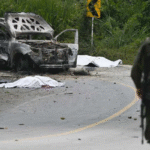

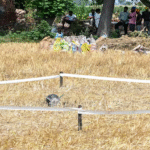
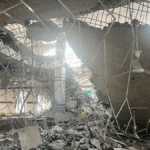






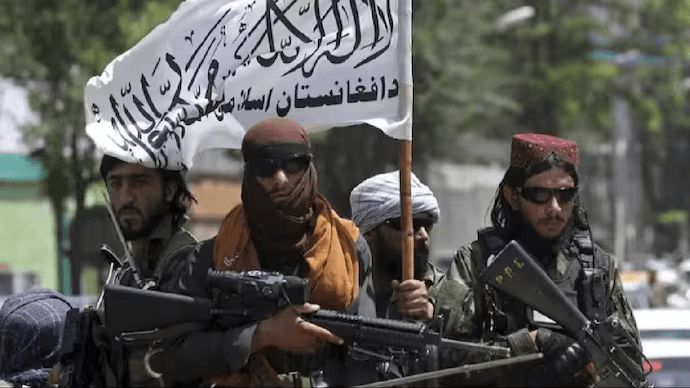
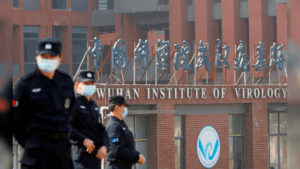
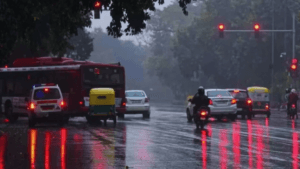
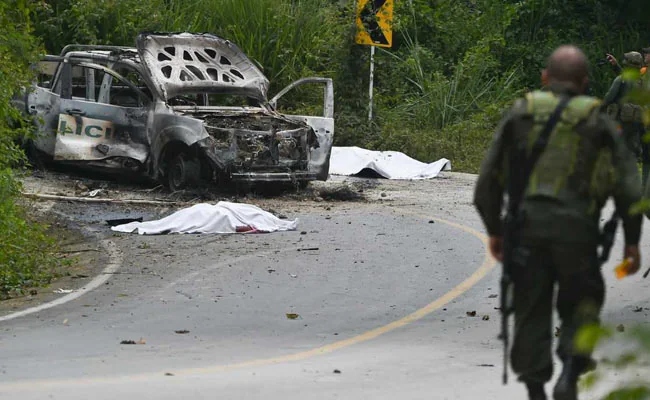

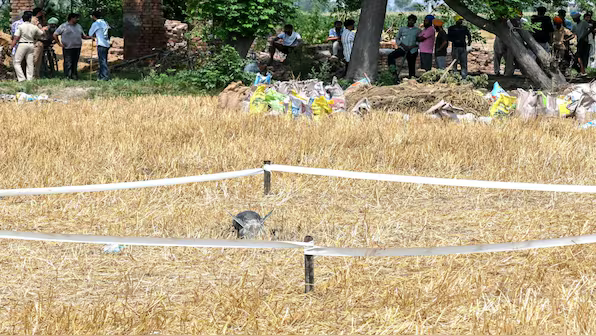
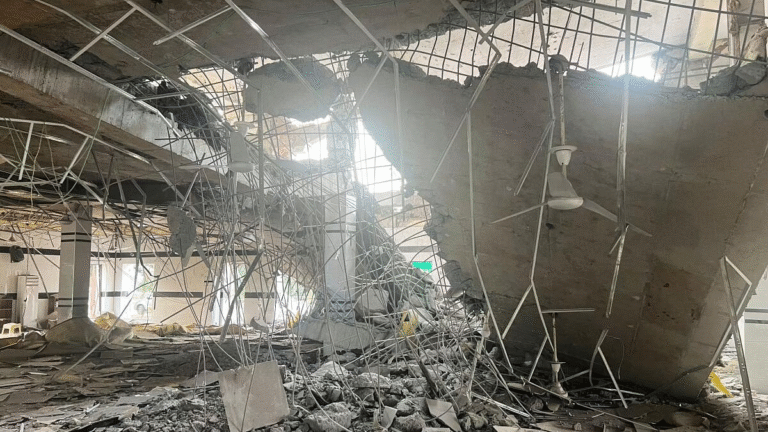
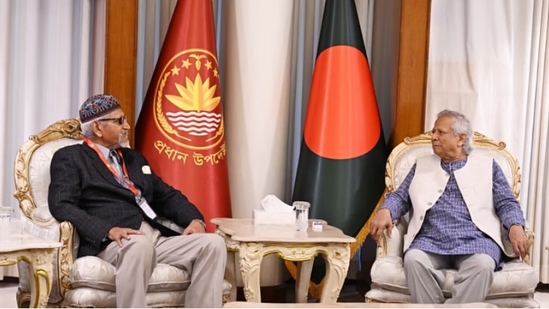

2 thoughts on “15,000 Fighters Mobilized: Taliban Declares War on Pakistan Over Retaliatory Airstrikes”